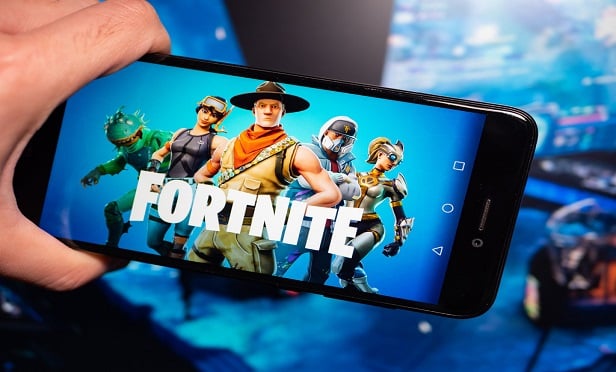 Fortnite broke its previous streaming records when 12.3 million concurrent players logged in to watch rap star Travis Scott's "Astronomical" in-game event. (Photo: Shutterstock)
Fortnite broke its previous streaming records when 12.3 million concurrent players logged in to watch rap star Travis Scott's "Astronomical" in-game event. (Photo: Shutterstock)
Esports is one of the few industries currently thriving amid the current global pandemic. With revenues projected to grow to $1.1bn in 2020, it's a sector that the insurance industry is fast waking up to.
Mega sporting events like the 2020 Summer Olympics down to grass-root soccer leagues have been postponed or canceled as a result of the pandemic, and with the prospect of live events being played in front of mass audiences a long way off, online gaming has risen in the public eye. And just as sports fans look to fill a void, traditional sports brands need to find a way to plug a hole in their finances and marketers have to explore new channels through which to promote their products and expand their consumer base.
Recommended For You
Want to continue reading?
Become a Free PropertyCasualty360 Digital Reader
Your access to unlimited PropertyCasualty360 content isn’t changing.
Once you are an ALM digital member, you’ll receive:
- Breaking insurance news and analysis, on-site and via our newsletters and custom alerts
- Weekly Insurance Speak podcast featuring exclusive interviews with industry leaders
- Educational webcasts, white papers, and ebooks from industry thought leaders
- Critical converage of the employee benefits and financial advisory markets on our other ALM sites, BenefitsPRO and ThinkAdvisor
Already have an account? Sign In Now
© 2025 ALM Global, LLC, All Rights Reserved. Request academic re-use from www.copyright.com. All other uses, submit a request to [email protected]. For more information visit Asset & Logo Licensing.








